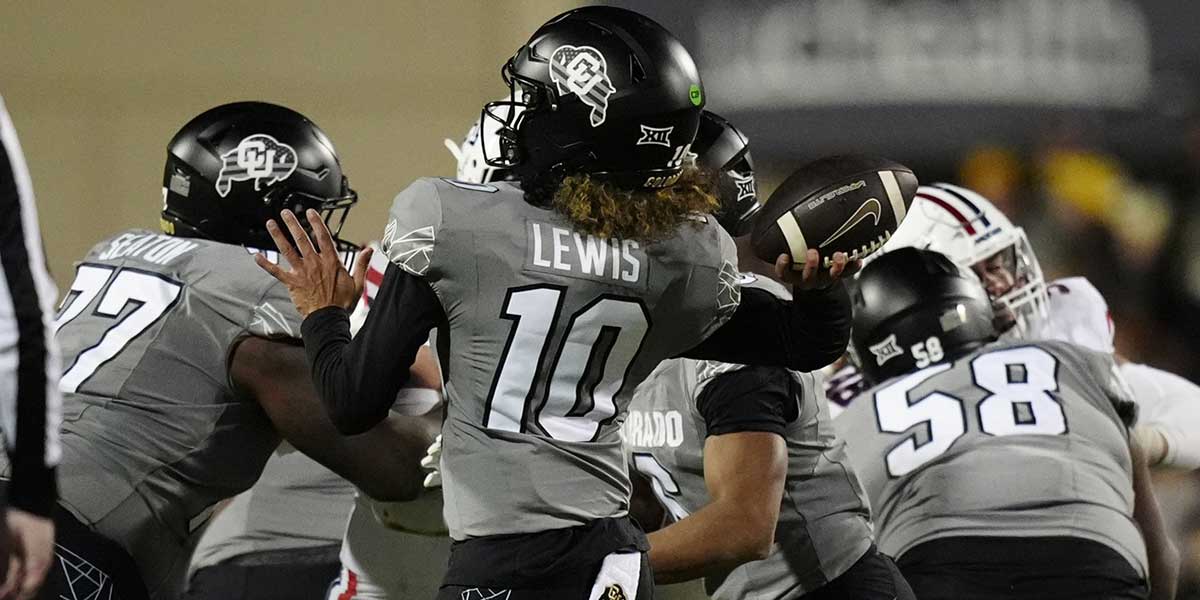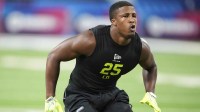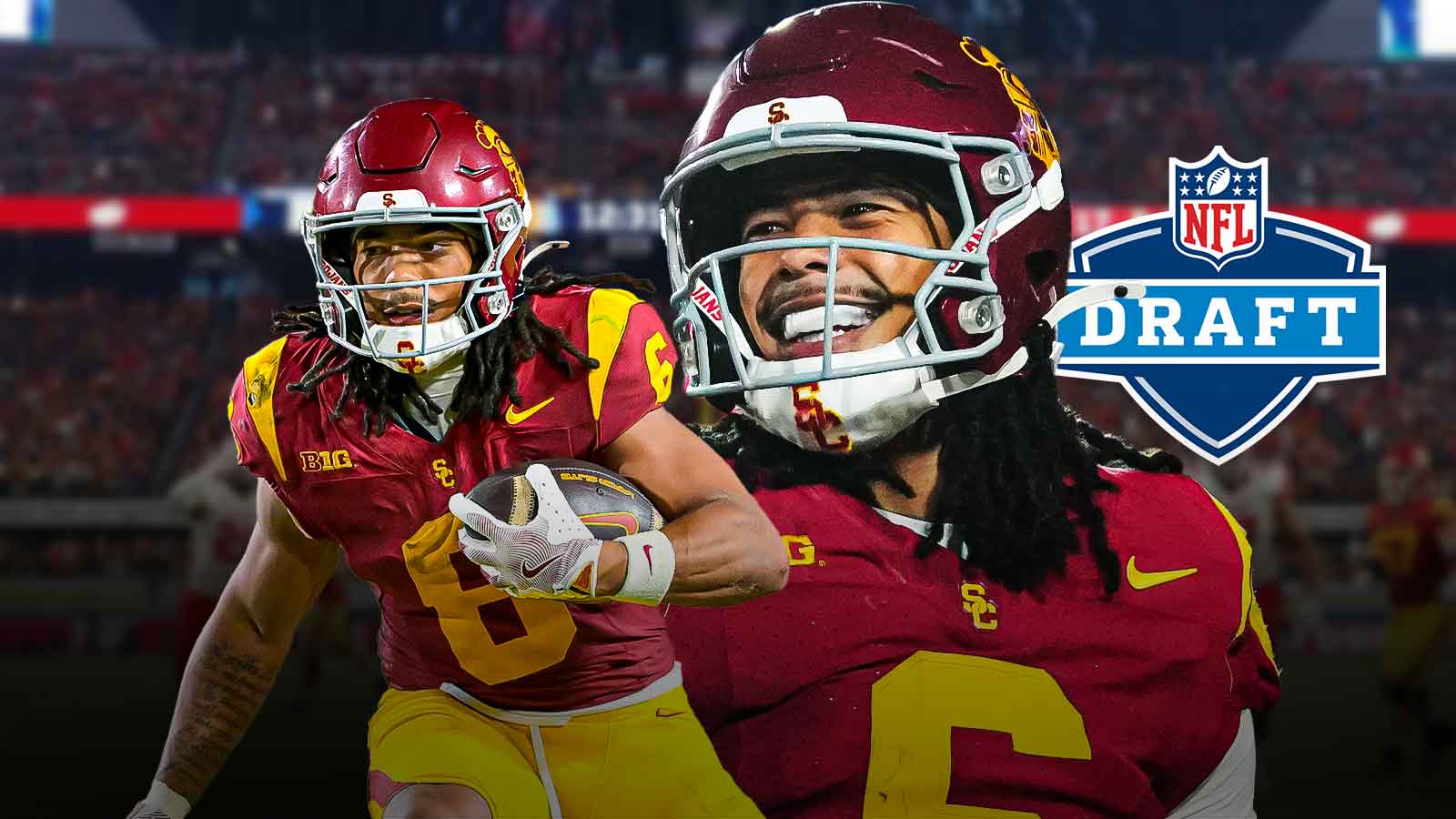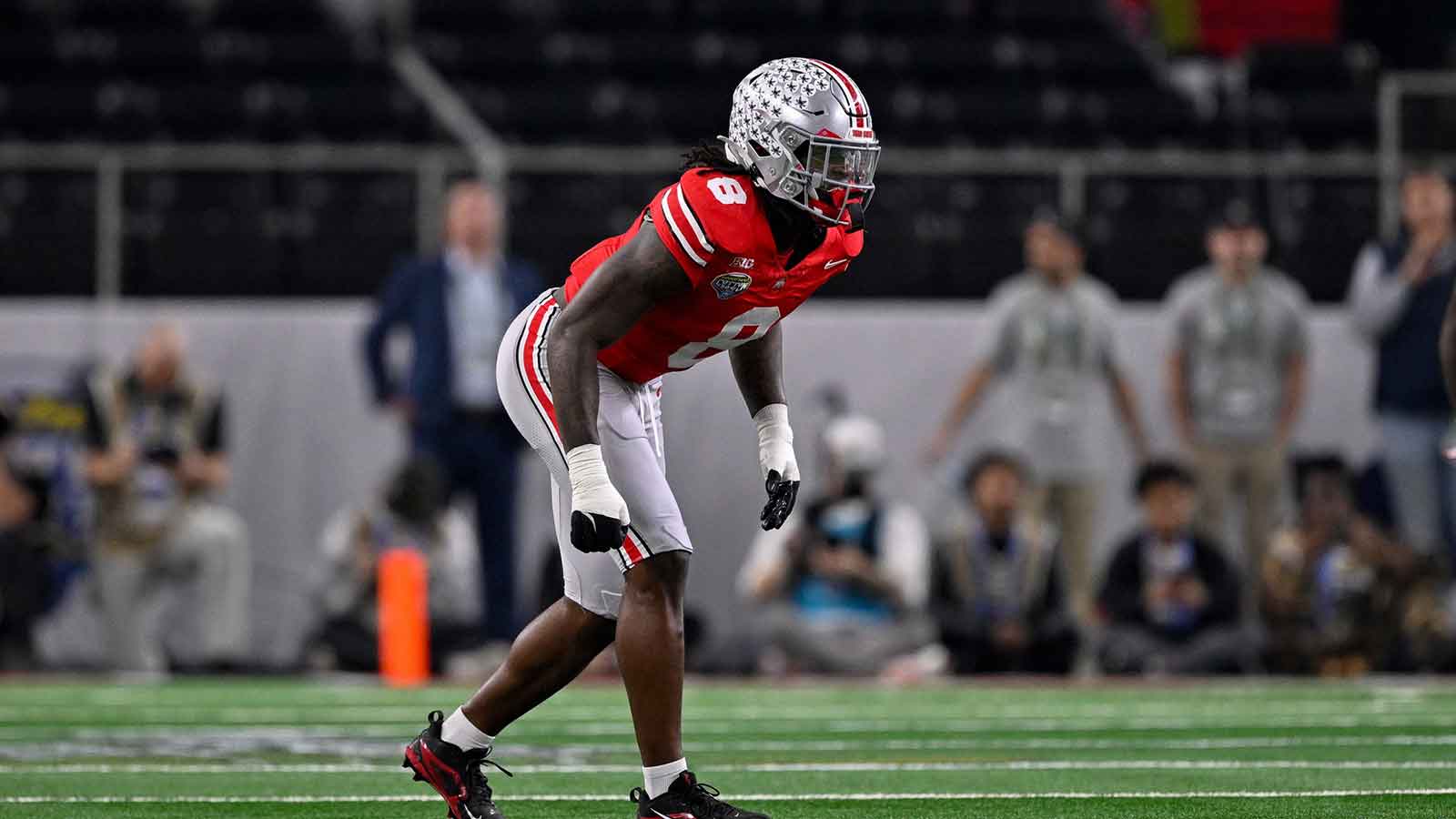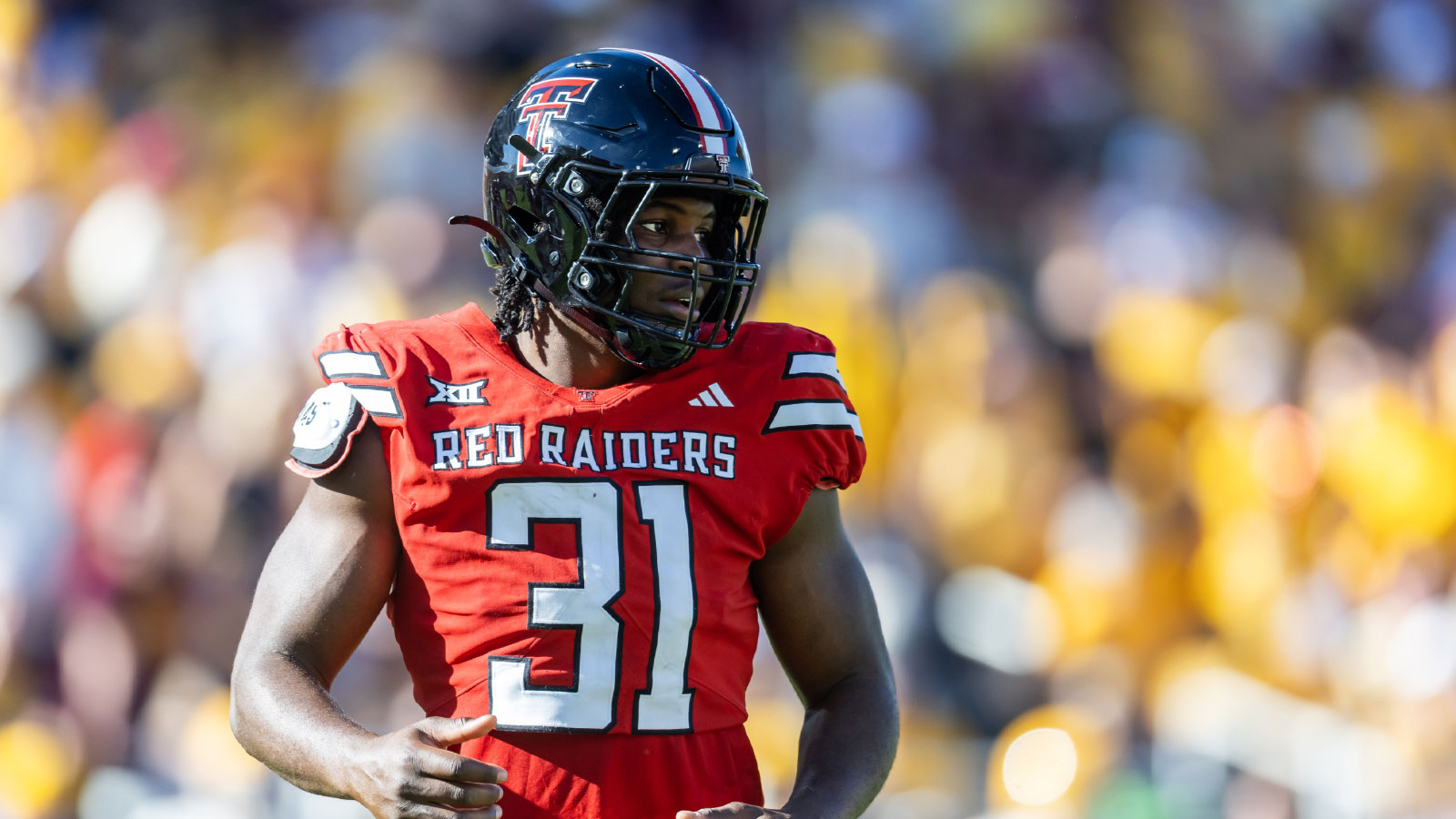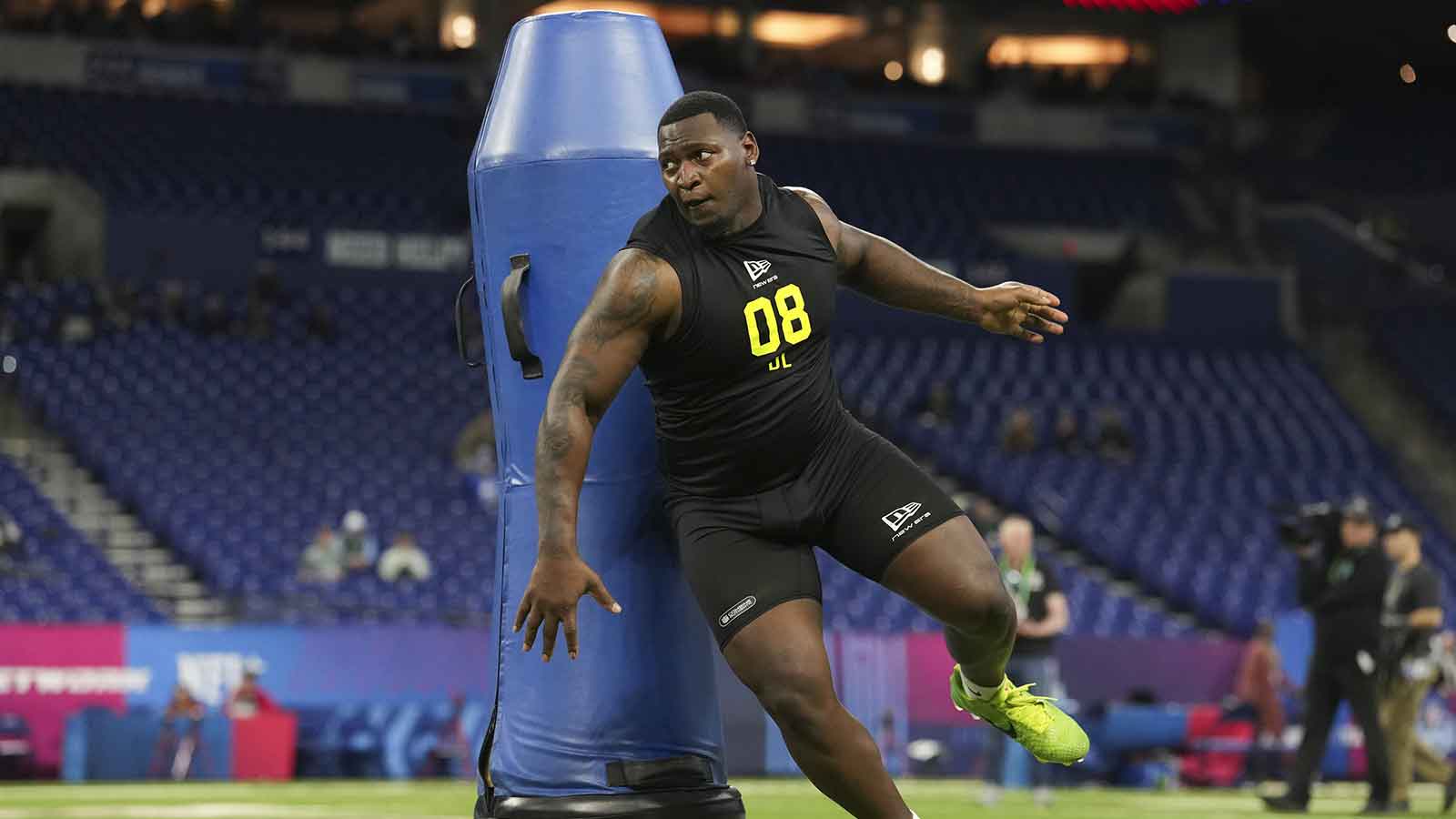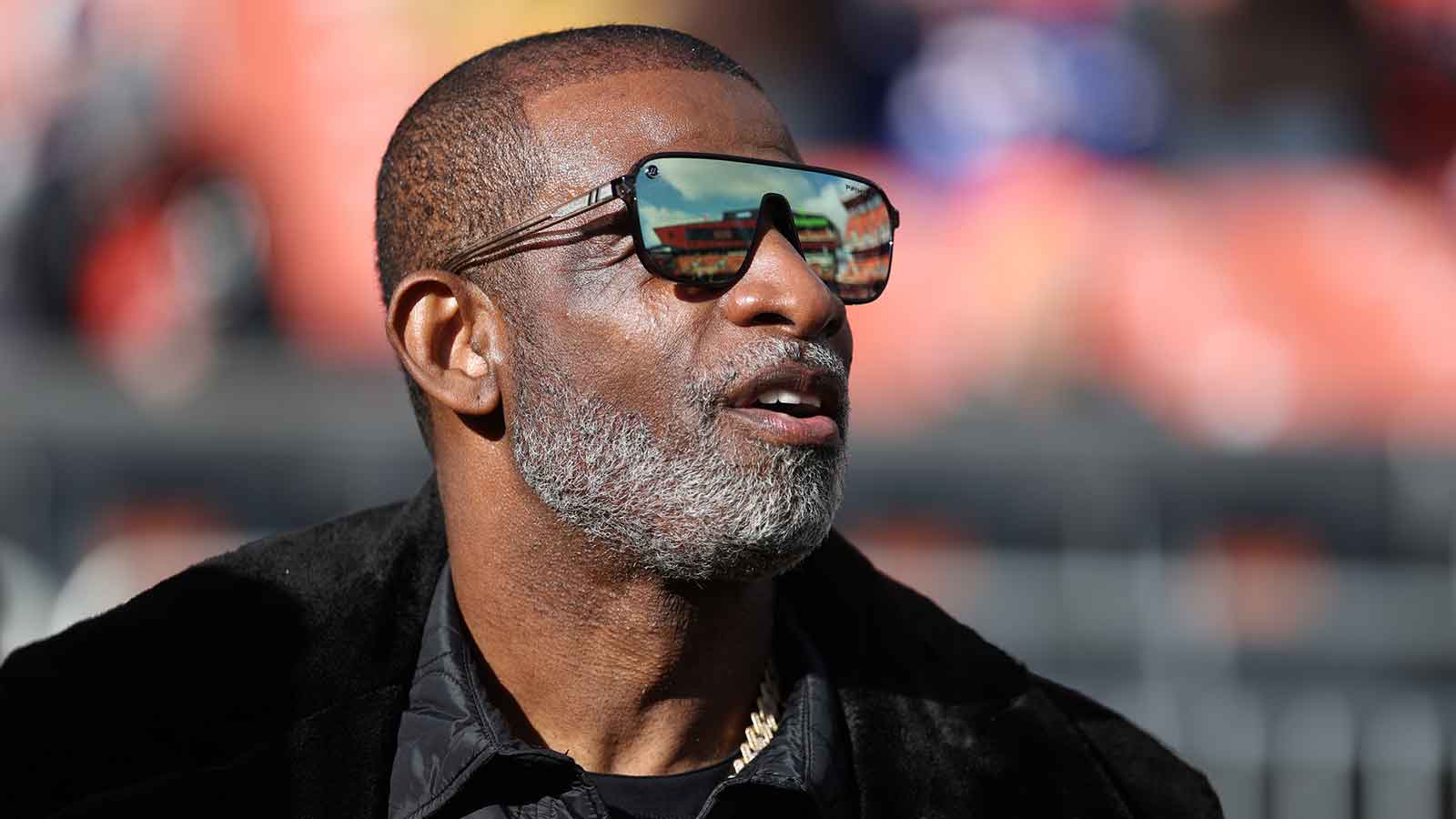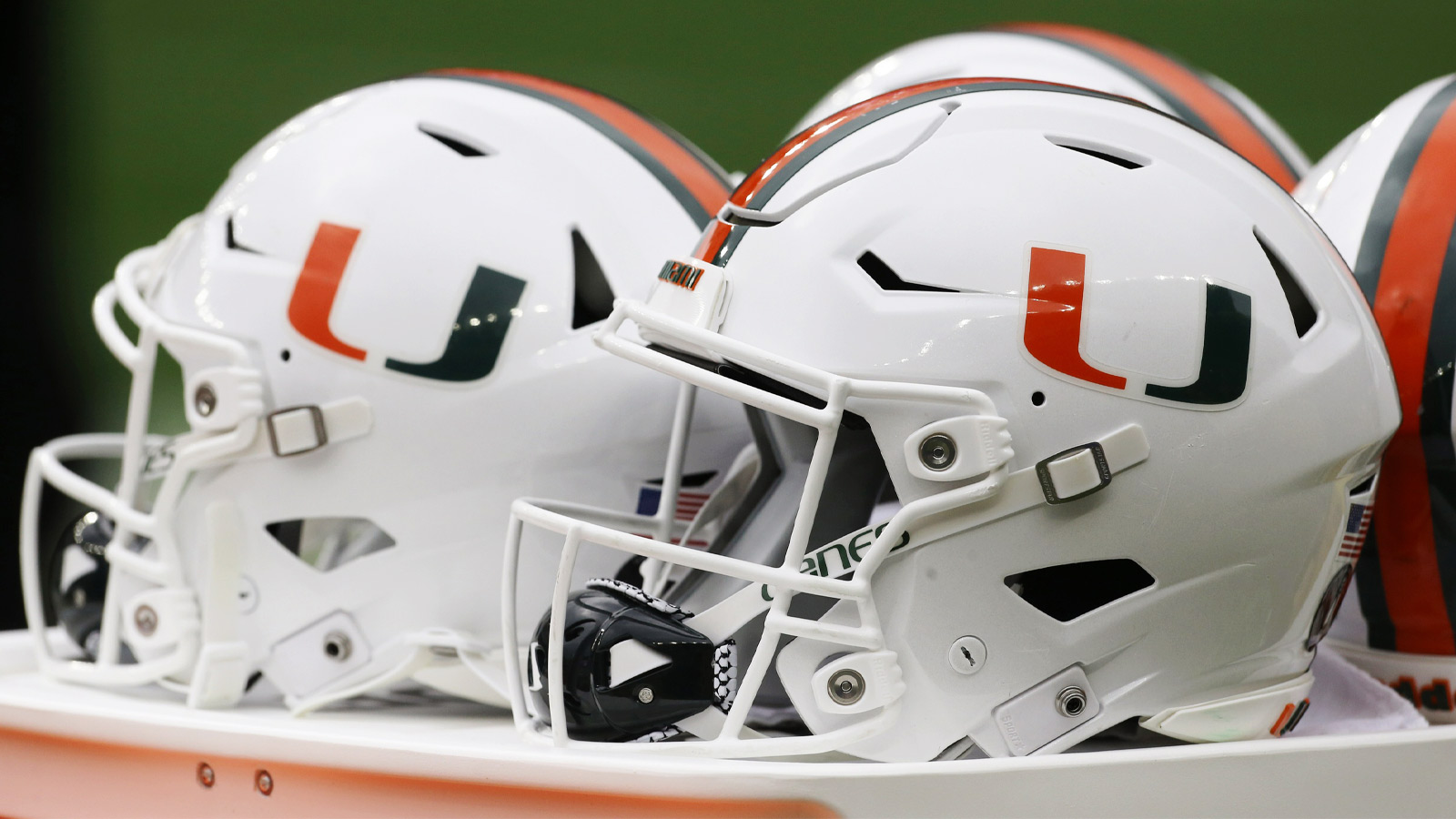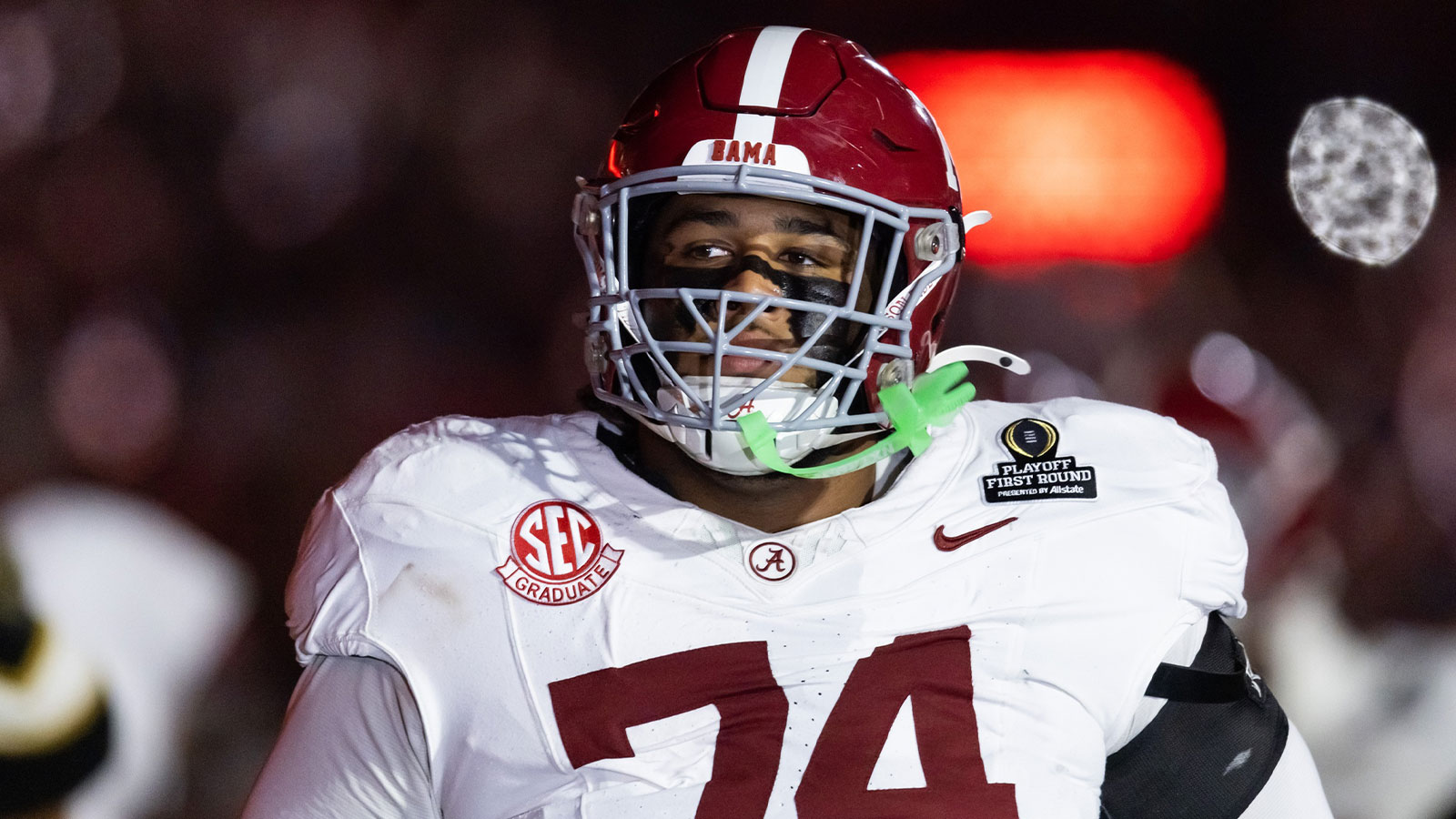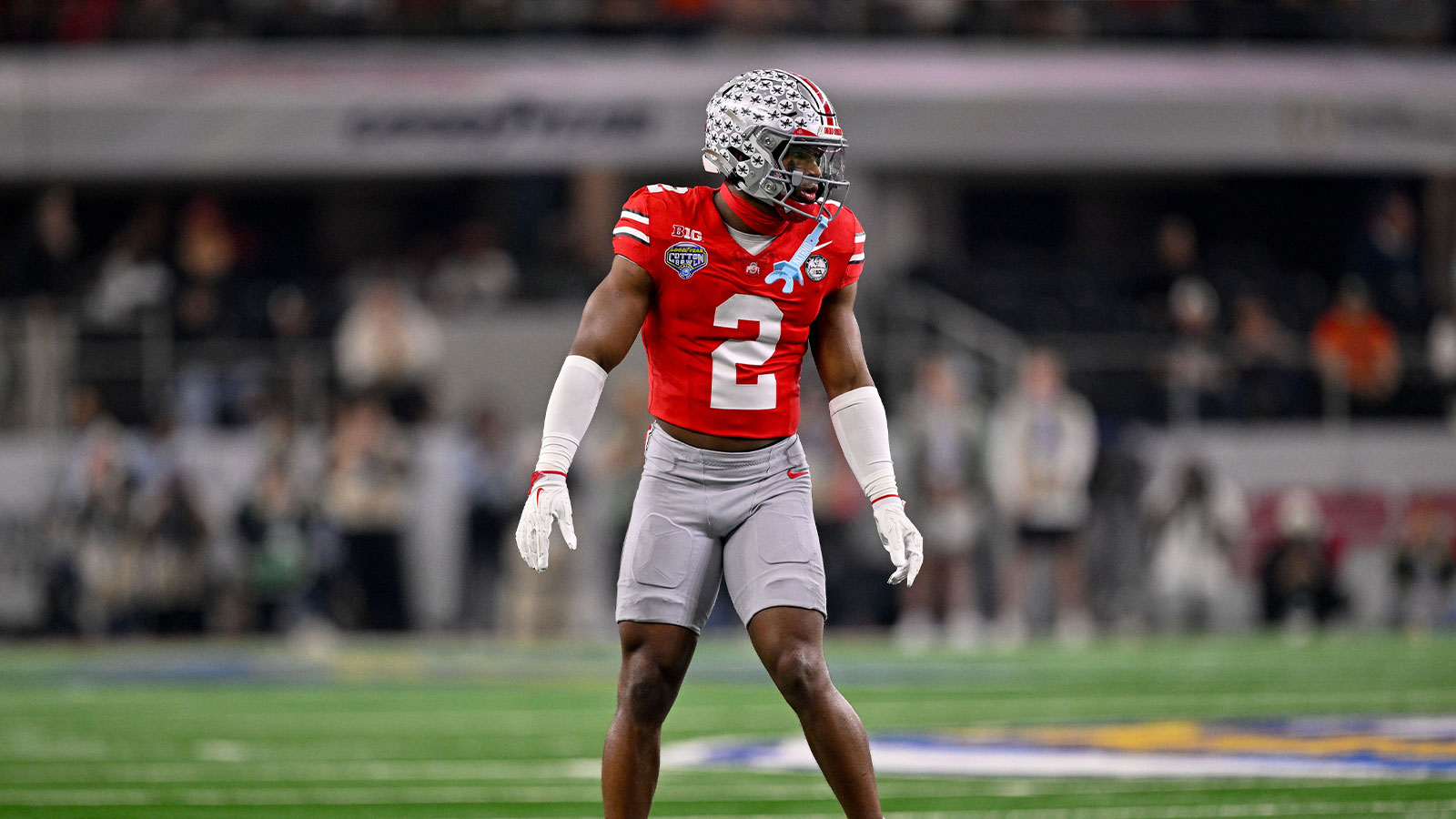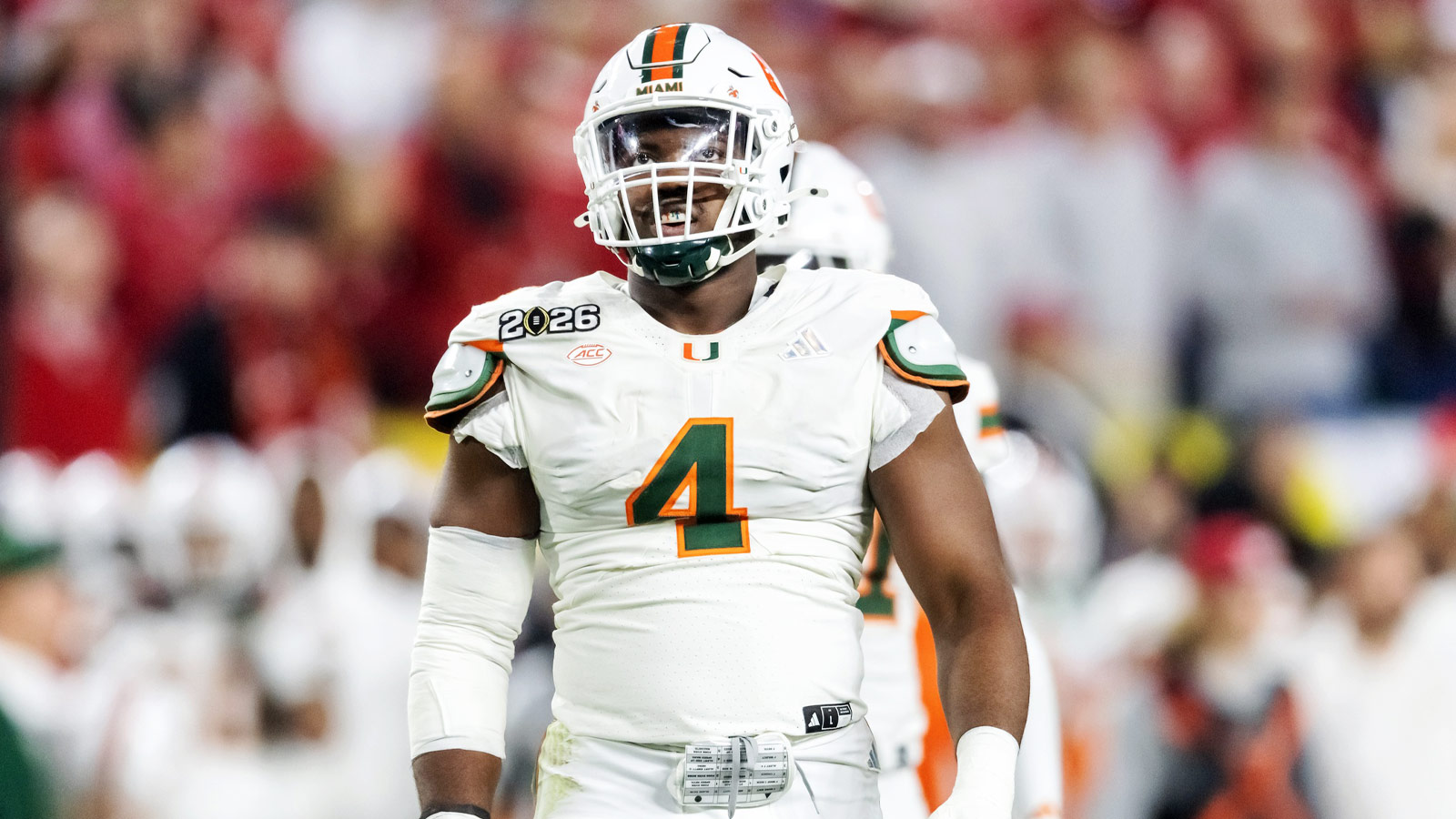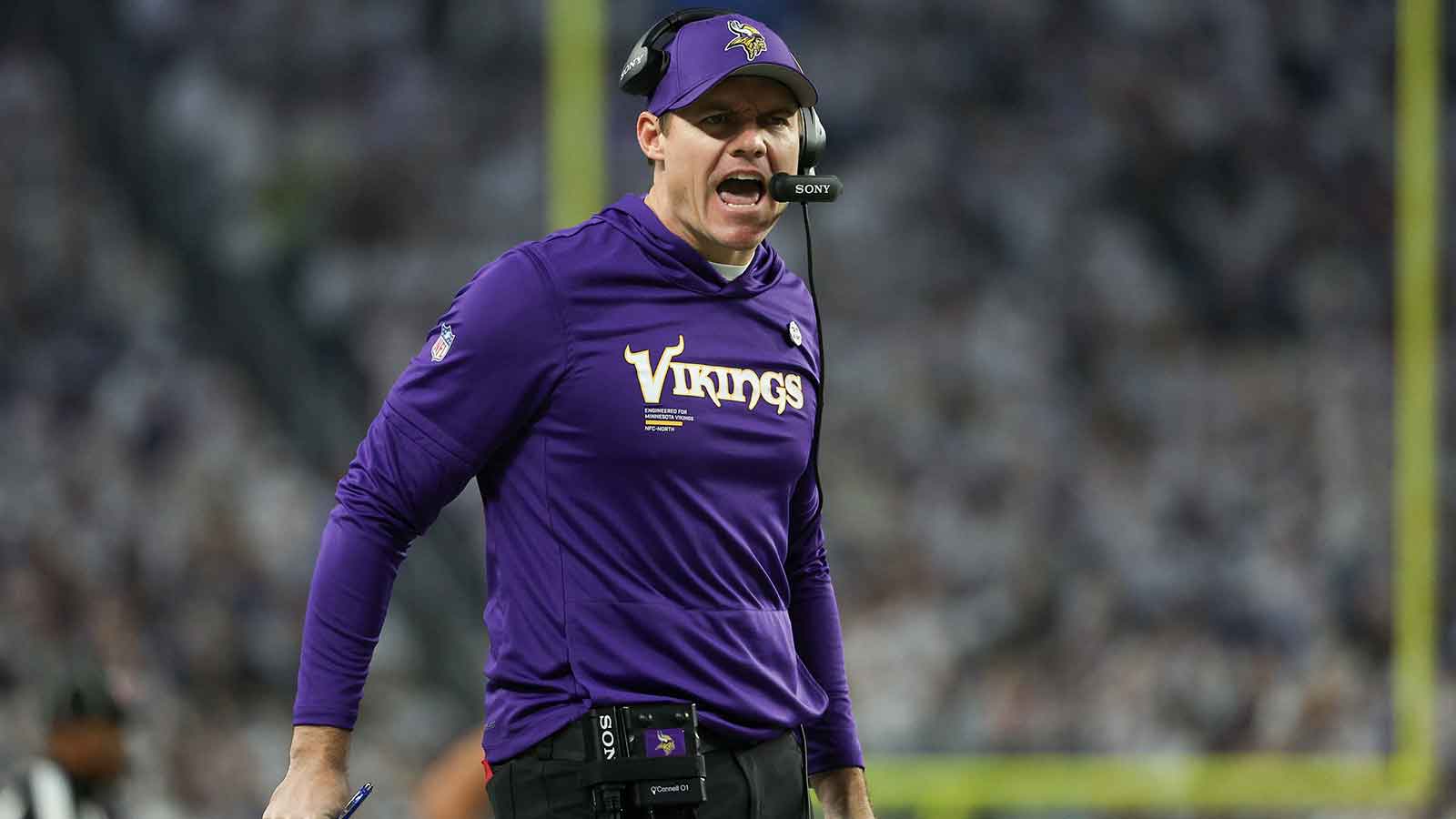Deion Sanders stuck to his guns about playing Julian Lewis, bristling at second-guessing after Georgia Tech and insisting the freshman would get the keys. He framed the switch as common sense, arguing the Colorado football team had the plays and needed cleaner execution, then pushed the program forward with a week-to-week mindset.
In Lewis’s first start, the Colorado football team fell 29–22 to West Virginia at Milan Puskar Stadium in Morgantown, but the rookie delivered real signs of life. He finished 22 of 35 for 299 yards and two touchdowns, a 62.9% completion rate, and 8.5 yards per attempt that immediately lifted the vertical and intermediate passing game, as noticed by Pete Nakos on X, formerly Twitter.
NEW: Colorado head coach Deion Sanders plans to start true freshman QB Julian Lewis for the final three games, @JaredSGreenberg reports.
The decision would effectively burn his redshirt.https://t.co/QOLV9r6A5f pic.twitter.com/KCjo2dYrCo
— On3 (@On3sports) November 8, 2025
The production didn’t translate into a win, yet this was the most coherent the Buffaloes have looked through the air in weeks. The ball came out on time, Colorado threatened the seams and sidelines, and the offense stayed within one score late, even as the Mountaineers bled the clock.
Did the move “work”? In the narrow sense, not on the scoreboard. In the big-picture sense, Colorado found an identity to build on. Lewis’ rhythm throws kept drives alive, his aggressiveness downfield forced softer coverage shells, and the game never got away.
For an 18-year-old in a hostile road environment, the poise was the headline. The next step is situational finishing: converting plus-territory snaps into seven, not three, and marrying the pass game to a steadier run script so the defense isn’t asked to win every high-leverage snap.
This was also a clean evaluation window for the staff. With Lewis operating the full call sheet, Colorado can trim what didn’t work, double down on the quick game and play-action packages he executes best, and keep expanding the protection answers that bought him time. The box score won’t quiet every skeptic, but the tape gives Sanders a credible framework for the final stretch.
Off the field, Lewis’ profile keeps rising. He recently signed an NIL partnership, earlier this year, with energy drink Gym Weed as an athlete-equity partner, appearing in social content and positioning himself as a long-term brand face.
It fits a broader portfolio that already includes national sponsors and underscores why Colorado leaned in early: the freshman brings both on-field tools and off-field maturity to grow with the program.

